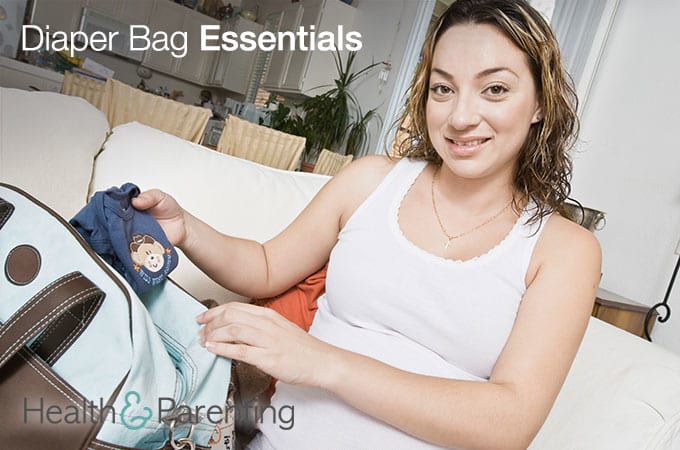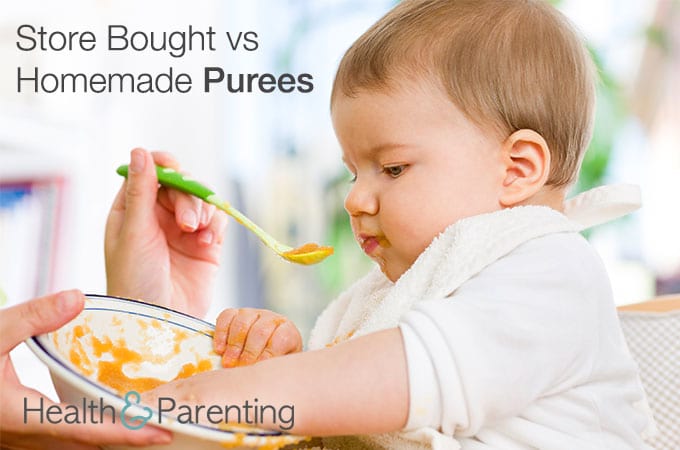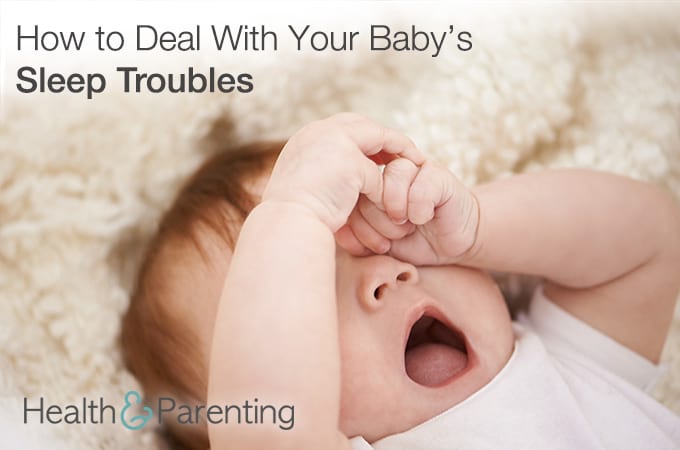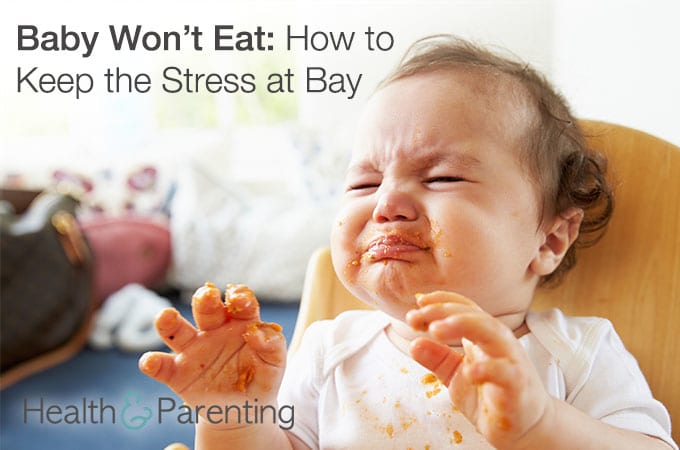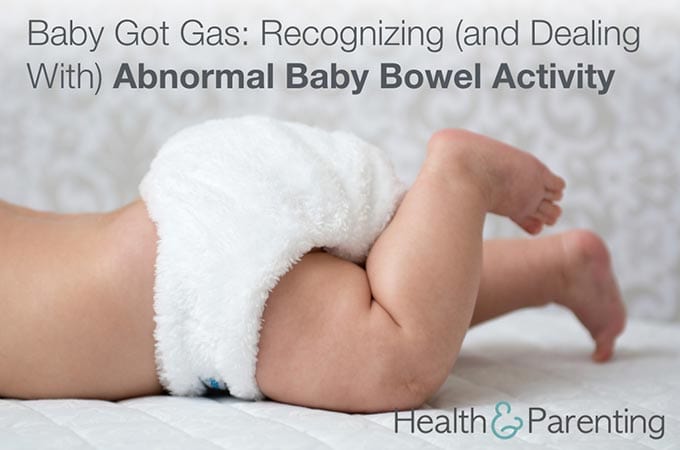At 22 weeks, you may think you have the necessities for your diaper bag down. After all, you’ve been doing this for almost 6 months now. But the older your baby gets, the more those essentials change. For instance… when was the last time you swapped out your spare outfit choices and ensured everything you were carrying would actually fit your baby today?
It’s time to do a diaper bag inventory, and here’s what you should be carrying now:
- Wipes: Because, duh. You’ll be toting these bad boys around even long past the potty training stage.
- Lovie: Having a separate blanket or lovie that you keep just in your diaper bag will give your little one something novel to play with while out and about. This also saves you from having to bring the “favorite” lovie with you everywhere you go; a move that could result in losing that lovie, which would of course be traumatic.
- Spare Clothes: Your little one is either eating solids already, or on the cusp of doing so. Either way, things are about to get messy. Make sure you have spare clothes for your baby, and maybe an extra top for yourself.
- Teething Basics: Those new teeth are coming in, whether your baby likes it or not. Consider carrying around teething biscuits for your little one to munch on, as well as teething toys that can hold them over until you get home to the cold rings in your refrigerator.
- Diaper Baggies: You won’t always be near a trashcan when your baby has a blow out. Keep a few disposable diaper baggies on hand for tying off the evidence until you can find a trashcan.
- Hand Sanitizer: Because… diaper blowouts.
- Snacks: Once your baby starts in on solid foods, you can begin carrying around age appropriate snacks. A baggy full of small healthy snacks can provide a much-needed distraction while out and about, as well as an opportunity for your little one to work on his or her pincer grasp.
- Emergency Contacts: No one ever wants to think about the worst happening, but it is always possible that you could be out and about alone with your baby when something happens to one or both of you (a medical emergency or a car accident, for instance.) Having your emergency contacts readily available in your diaper bag can make it easier for emergency response teams to get ahold of your family and ensure someone can meet you at the hospital.
Think of your diaper bag as your chance to be Mary Poppins. If there is still room in that bag, there is probably something else you could use while out and about. Take advantage of that ability to be extra prepared now: you’re going to be out of the diaper bag days before you know it!
Written by Leah Campbell, infertility advocate, adoptive mama, writer and editor. Find me @sifinalaska on Twitter.
This information is not intended to replace the advice of a trained medical doctor. Health & Parenting Ltd disclaims any liability for the decisions you make based on this information, which is provided to you on a general informational basis only and not as a substitute for personalized medical advice. All contents copyright Health & Parenting Ltd 2016. All rights reserved.

